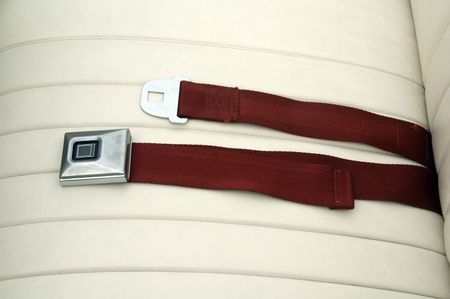Auto safety
Auto safety recalls spiked over the past few years, with 62 million vehicles in the U.S. recalled in 2014 alone. The wave of recalls over defective cars from manufacturers including Ford, Toyota, Chrysler and more spurred a flurry of lemon law litigation. Consumers should stay vigilant for recall notices and check to see if their car’s manufacturer is standing by their promised warranty.
The National Highway Traffic Safety Administration (NHTSA)’s website says auto recalls begin when a manufacturer or the federal government determines a vehicle, equipment, car seat, or tire creates an “unreasonable safety risk” or fails to meet minimum safety standards. Manufacturers are required to fix the problem by either repairing it, replacing it, offering a refund or in rare cases even repurchasing the vehicle.
The United States Code for Motor Vehicle Safety defines motor vehicle safety as “the performance of a motor vehicle or motor vehicle equipment in a way that protects the public against unreasonable risk of accidents occurring because of the design, construction, or performance of a motor vehicle, and against unreasonable risk of death or injury in an accident, and includes nonoperational safety of a motor vehicle.”
The NHTSA defines a safety defect as a problem that exists in a motor vehicle or item of motor vehicle equipment that poses a risk to motor vehicle safety and may exist in a group of vehicles of the same design or manufacture.
The vehicle’s manufacturer is required to fix the problem quickly and free of charge in case of a safety recall. If they take too long or fail to fix the problem, consumers have legal options.
Manufacturers send recall notices to registered owners of affected vehicles. Owners can also check online for recalls by visiting safercar.gov to look up their cars via their Vehicle Identification Number, also known as the VIN. The notice provides interim safety guidance and information on how to take your vehicle to a dealership near you, where they will repair the affected issue free of charge.
If the dealership refuses to fix the part or tries to charge you for the repair, contact the manufacturer immediately. The Highway Safety Act of 1970, which created the NHTSA, says you cannot be charged for the recall and replacement of a defective part.
Once you bring your car to the dealership, they must repair your vehicle within a reasonable amount of time. What is considered “reasonable” can depend on the dealership, but if they have your car for two weeks or more, you may have a claim for breach of warranty, sometimes known as a lemon law claim.
If the manufacturer fails to repair, replace, repurchase, or provide the loss value of your recalled vehicle, they are violating the warranty and a lawyer may be able help you. Lemon law attorneys help their clients by dealing directly with the manufacturer on the clients’ behalf, working to promptly resolve the issue and get their clients back on the road. Thanks to the Magnuson-Moss Warranty Act, attorneys can seek their fees directly from the manufacturer, meaning a client can obtain legal counsel without having to pay attorneys’ fees directly out of pocket.

